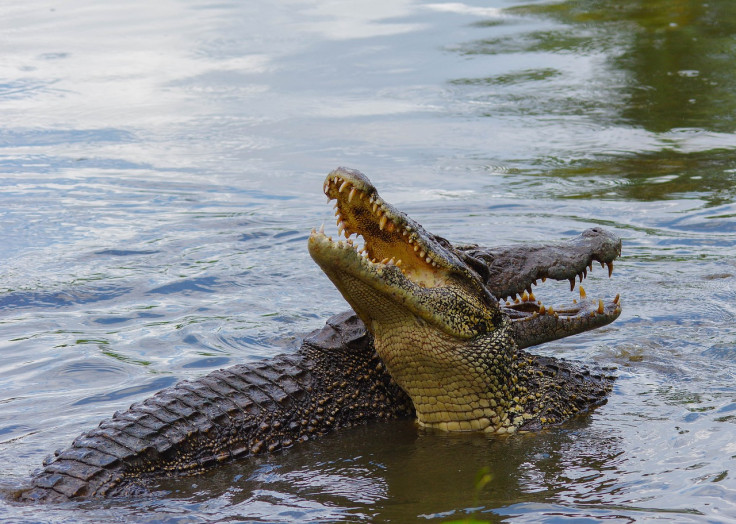Man Dragged Away And Killed By Crocodile In Front Of His Friends
The four friends were busy with their work when the crocodile lunged at one of them and dragged him into the water.

In a horrific incident report from Malaysia's Sabah state last week, a crocodile killed a 23-year-old man while he was out catching crabs with his three friends in the waters off Kampung Tinagian.
The attack took place on Wednesday morning. The four of them were busy with their work when the crocodile lunged at one of them and dragged him into the water.
The victim was a general worker at a plantation. His body was found a few hours later, nearly 5 kilometres away, at the beach at Kampung Tanjung. The body had scratches on the chest, back, and back of the neck, and bite marks on the head and the left arm.
The crocodile disappeared with the man before anyone could take any steps to save the victim's life. Local media reports have claimed that such an attack has occurred for the first time in the region.
The police and other local authorities have asked people to stay alert and cautious while carrying out activities near the sea or river. The latest incident comes a year after a one-year-old boy was eaten alive by a crocodile while he was out rowing in a river with his father in Sabah, Malaysia.
The pair was out fishing off the coast of Lahad Datu, Sabah, when the incident took place. The 11-foot-long crocodile appeared out of nowhere and lunged at the boy when the father was tying up the boat in a bay on the coast of Borneo. The man tried his best to scare away the reptile, but it overpowered him and snatched the boy.
The locals managed to rescue the boy's father, who is a Palauh tribesman in his 40s. Later, the crocodile reappeared on the surface with the boy's body in its jaws before disappearing again with the corpse.
According to locals, the residents rely on the river for their livelihood and food. They have no option but to venture out into its waters for fishing.
Experts believe that the destruction of crocodiles' natural habitat and warmer temperatures are some of the things driving these predators closer to human populations. The best way to avoid an attack is by staying away from areas infested with such reptiles.
Dr. Benoit Goossens, the director of Danau Girang Field Centre (DGFC), a collaborative research and training facility, says that the lack of large prey is one of the reasons behind increasing crocodile attacks.
"To me, the factors causing the human-crocodile conflict are habitat loss and a lack of large preys (on which large crocodiles feed) such as bearded pigs following the African Swine Flu outbreak. Large crocodiles which attack human are usually feeding on large preys such as pigs and deers," Goossens told Bernama, a Malaysian news agency.
"Until the population of wild pigs comes back, we advise people to avoid bathing in the main rivers where crocodiles are present, and avoid fishing by the riverbanks for long hours, because crocodiles are ambush hunters," he added.
© Copyright IBTimes 2024. All rights reserved.






